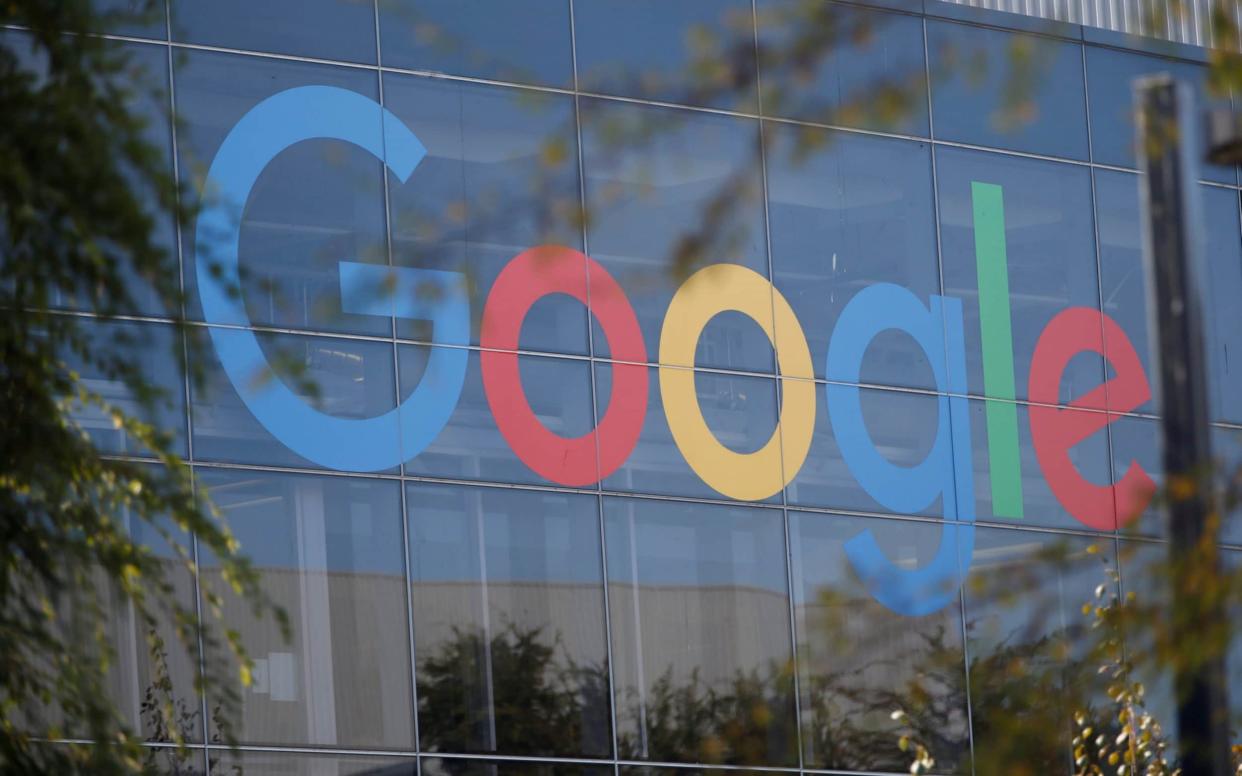Google warns rise of AI may backfire on company

Google has warned that advances in artificial intelligence may have a negative impact on its business, leading to fines and concerns over ethics.
Demand for its products and services may falter over concerns surrounding the ethics and legality of machine learning, the search engine's parent company Alphabet warned in its latest annual report.
“New products and services, including those that incorporate or utilise artificial intelligence and machine learning, can raise new or exacerbate existing ethical, technological, legal, and other challenges, which may negatively affect our brands and demand for our products and services and adversely affect our revenues and operating results,” the filing stated.
Alleviating these concerns would mean spending “significant resources” choreographing how best to bring these controversial products to market.
Artificial intelligence features heavily in Google’s recent advertising campaign for its Pixel 3 smartphone and is the backbone of its smart speaker, the Google Home.
But its use of machine learning in ts business-to-business operations has sparked controversy. Last year it canned Project Maven, an artificial intelligence system for US military drones, after pressure from human rights campaigners and employees. In June it pledged not to use its artificial intelligence technology in military weapons or anything that might weaken human rights.
Military contracts are a lucrative area for companies like Google, and their refusal to work with public sector similarly to rivals Microsoft, Oracle and Amazon Web Services will likely impact its cloud business.
The company has all but shut down plans to expand a censored version of its search engine in China.
Alphabet said that operating results would similarly suffer if, despite concerns over public perception, it failed to invest and adopt artificial intelligence, and failed to be competitive.
“If our competitors are more successful than we are in developing compelling products or in attracting and retaining users, advertisers, customers, and content providers, our revenues and operating results could be adversely affected,” it added.
Businesses typically warn shareholders about potential risk factors in their filings but this is the first time Alphabet has suggested that artificial intelligence, widely regarded as its most valuable asset going forward, might backfire.
It comes as Donald Trump signed an executive order on Monday for the US government to begin a campaign to advance the technology across the country, amid fears that China has surpassed the nation in its research and development efforts.
Experts in the field have warned that China's lack of regulation and public acceptance of artificial intelligence, particularly when used for surveillance purposes to improve facial recognition, may have put it in pole position.

